Björn Kristian Ulvaeus was born on April 25, 1945 in Gothenburg. In 1961, at the age of 16, he became a guitarist in the folk band Hootenanny Singers. Also in 1945 on November 15, Anni-Frid Synni Lyngstad was born then as Anni-Frid Princess Reuss of Plauen in Bjørkåsen, Norway. Frida as she is called today, came to Sweden two years later with her grandmother. She started her solo career early and had her breakthrough in 1968. On December 16, 1946, Göran Bror Benny Andersson was born in Stockholm. Today people just call him Benny. He grew up already playing the accordion and taught himself to play the piano at the age of 10. Agnetha Åse Fältskog was born on April 5, 1950 in Jönköping. She also grew up with music. She performed on stage for the first time at the age of six and learned to play the piano shortly after. Agnetha won a nationally known talent competition in 1967, whereupon her fame increased dramatically.
In June 1966, Benny and Björn met. Three weeks later they reconnected at a party at Björn's parents' house, after which they wrote the song Isn't it Easy to Say together. This was later released by the Hep Stars. In 1969, the two worked more on joint projects such as the soundtrack for the Swedish film Inga II and a song for Brita Borg. Likewise, they were seen on stage with the Swedish singing duo Svenne & Lotta. In 1970 Benny and Björn released their first own single called She's My Kind of Girl.
In 1968, Frida reached the 4th place in the Swedish pre-selection for the Eurovision Song Contest. Benny also participated, but as a composer. The two met during the event and became lovers a short time later in 1969. A year later they got engaged. But the wedding did not take place until 1978. Björn and Agnetha met for the first time in 1968, and a year later in May they both appeared on the same television show. They also began a love affair a short time later and got engaged in April 1970. Their wedding took place on July 6, 1971 in Verum, southern Sweden.
Around the same time, Benny and Björn began working with the sound engineer Michael B. Tretow. He was later responsible for many of ABBA's sounds. Their two fiancés Frida and Agnetha sang backing vocals for them on some songs at that time. That's why their Swedish song Hej Gamle Man is known as the first song to feature all four members of ABBA. However, the official artists of it are only Benny and Björn. That same year in 1970 on November 1, the four performed together for the first time at "Festfolk". This was followed by other live and television appearances.
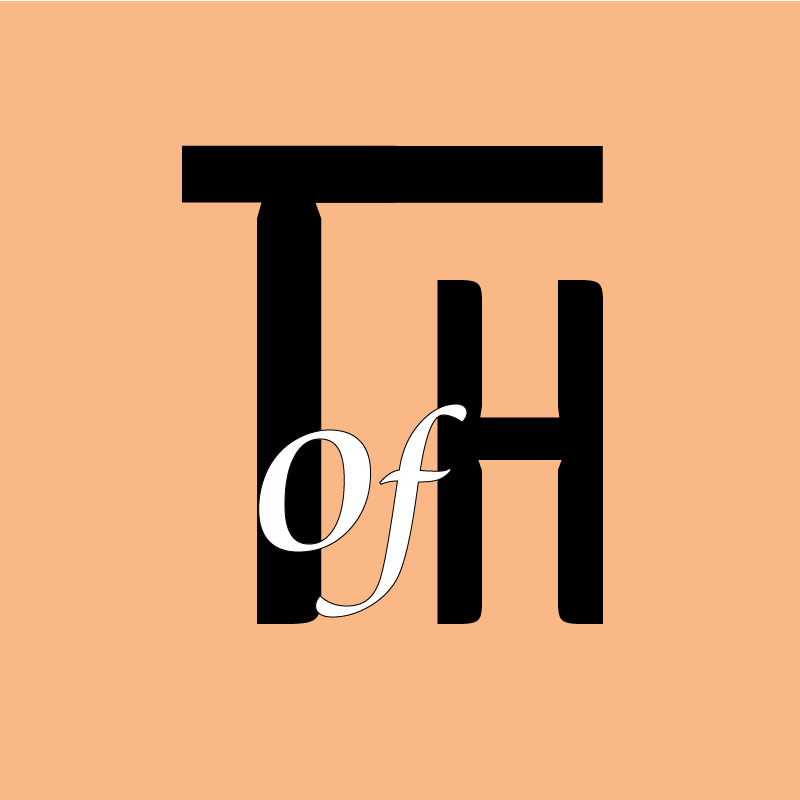
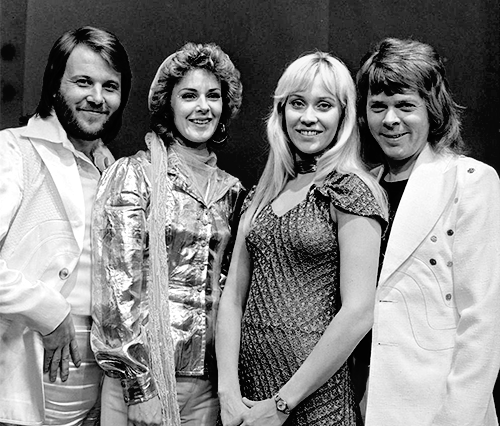


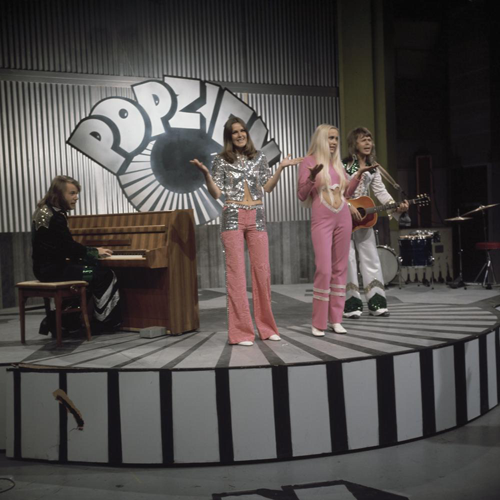
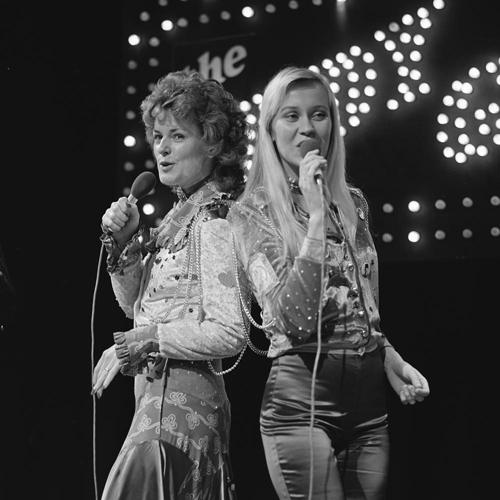
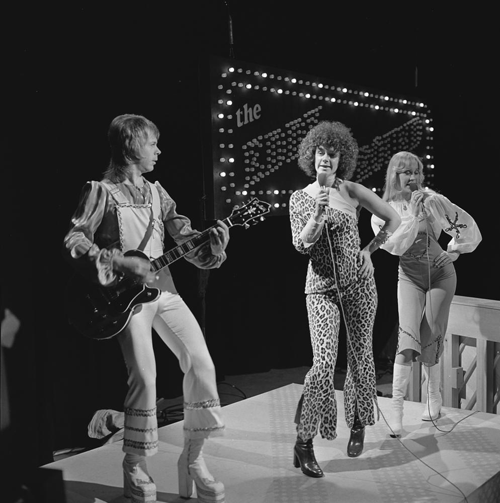
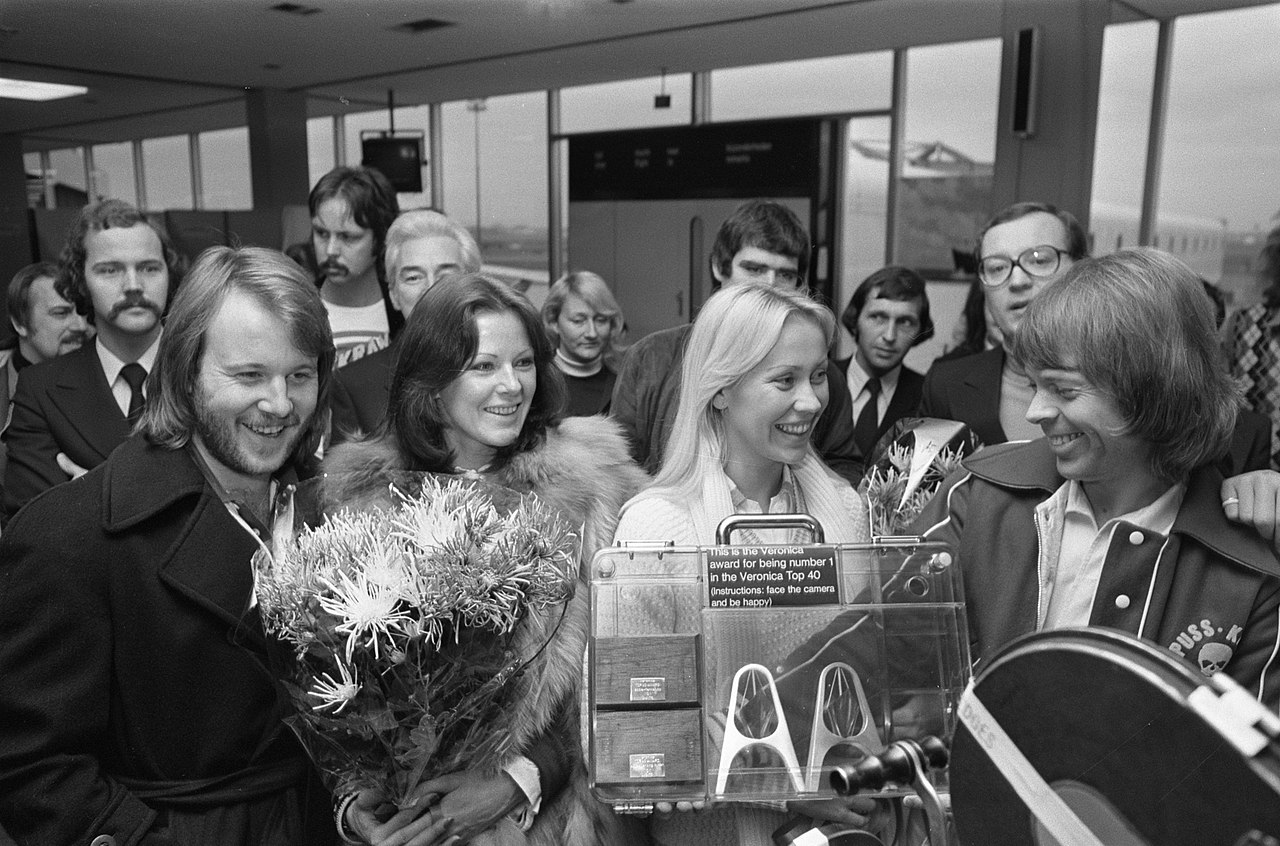

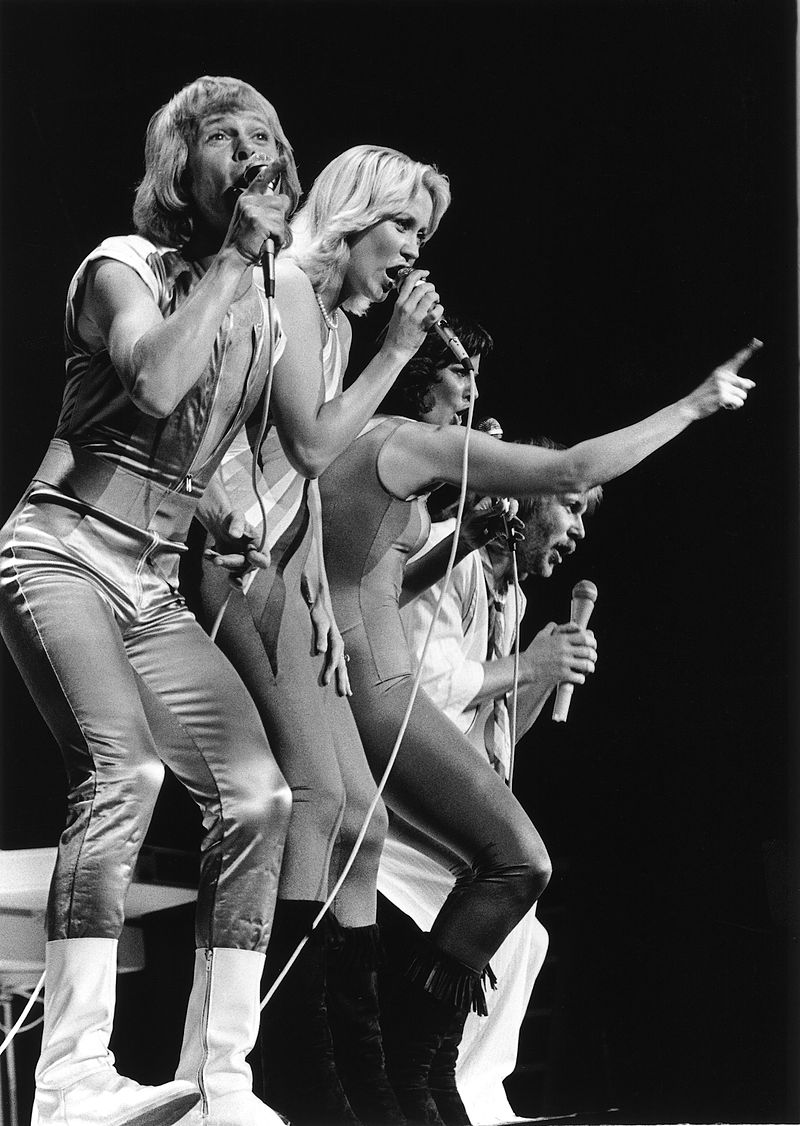
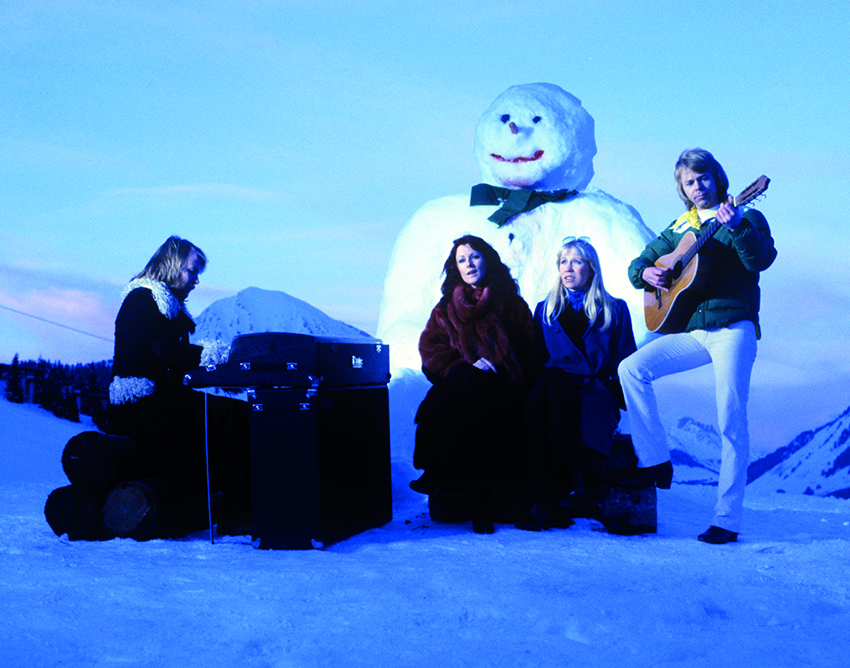
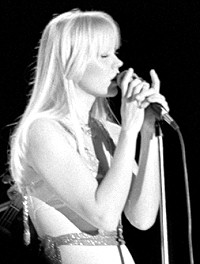
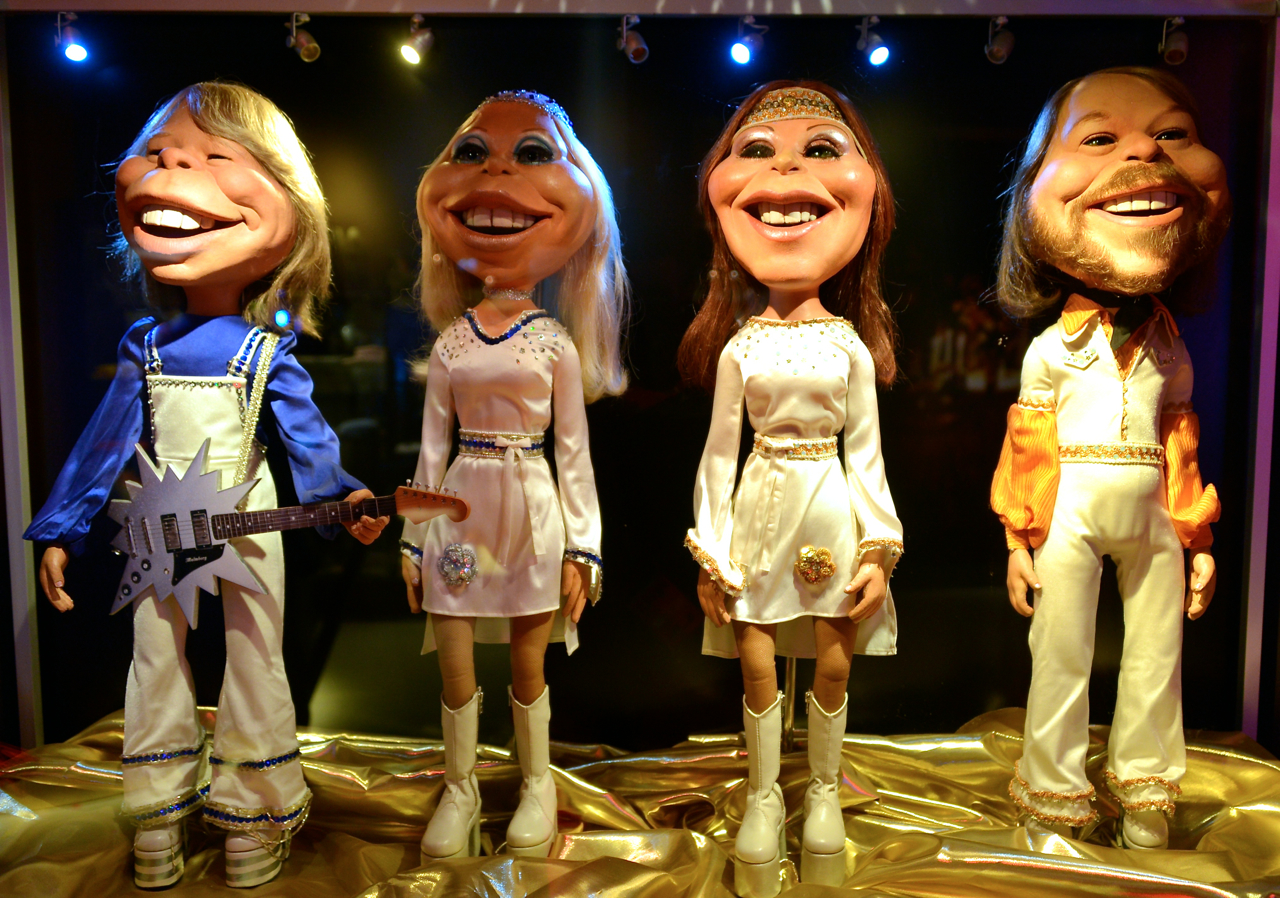

Comments
Links